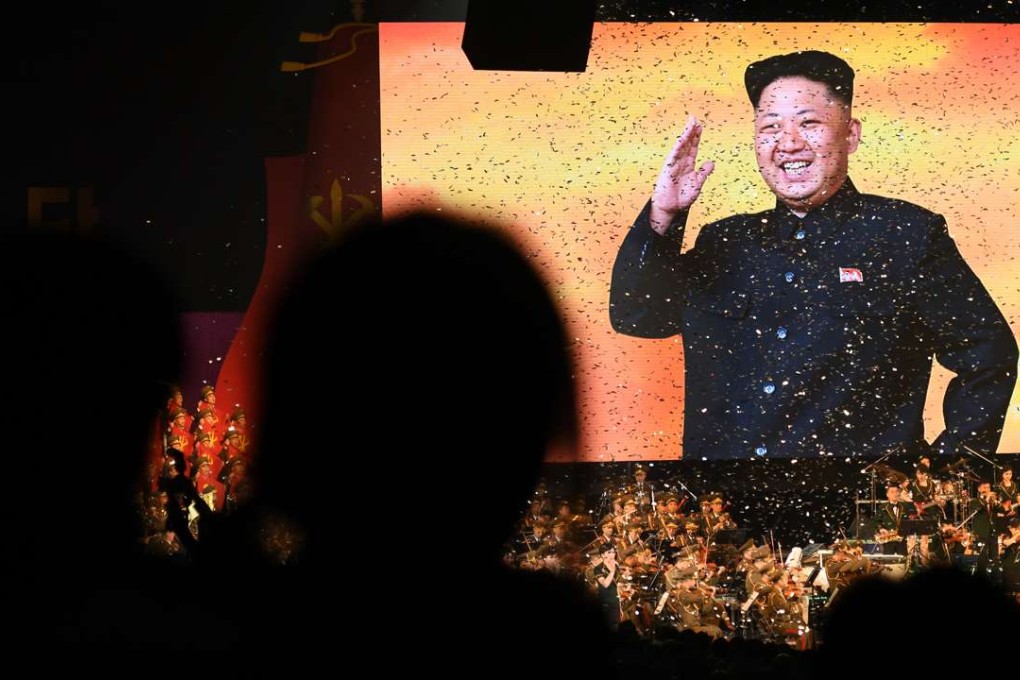US concessions on Korean peninsula could go a long way
John Barry Kotch says some flexibility on THAAD and other related issues by the US and others would better serve the common cause of curbing North Korea’s nuclear ambitions

Why the real quarrel between Beijing and Seoul isn’t about THAAD

The way forward diplomatically necessitates an understanding of China’s attitude and behaviour regarding the North in multilateral forums, beginning with four-party talks in Geneva (1997-1999) up to the six-party talks in Beijing (2003-2008).
By contrast, US efforts to engage Pyongyang diplomatically in recent years have gone nowhere
At the former venue, China’s representative and future foreign minister, Tang Jiaxuan (唐家璇), took an active, albeit ultimately unsuccessful, role in pressing Pyongyang to stay engaged. Subsequently, at the six-party talks, which aimed to eliminate the North Korean weapons of mass destruction programme, China once again demonstrated commitment, taking charge by both hosting the talks and helping to formulate a process, which, however, fell short in implementation.
During the six-party talks, China resisted any attempt to take the North Korean nuclear issue to the UN Security Council, arguing that quiet diplomacy was preferable. However, following the adjournment of the talks, China reversed course, demonstrating flexibility by signing onto successive resolutions on sanctions.